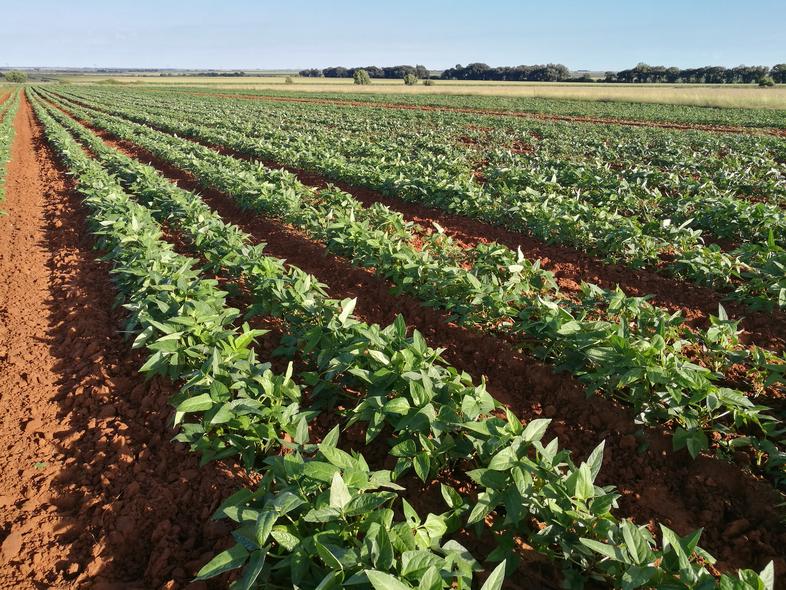By: Abdulmalik Adetola
Cowpea is a versatile crop cultivated in the semi-arid tropics across continents such as Africa, Asia, Europe, the United States, and Central and South America. Originating and domesticated in Southern Africa, it later spread to East and West Africa as well as Asia. With grains boasting 25% protein content along with various vitamins and minerals, cowpea is highly nutritious. Its resilience to drought, adaptability to diverse soil types, and ability to enrich low-fertility soils through root decay make it a favorite among small-scale farmers in developing regions. Often intercropped for shade tolerance, cowpea’s rapid growth and ground cover also aid in erosion prevention.
Cowpea, scientifically known as Vigna unguiculata, is a leguminous crop that has played a significant role in the agricultural landscape of Nigeria for centuries. Its history is intertwined with the rich tapestry of Nigerian farming traditions, cultural practices, economic shifts, and technological advancements. In this essay, we delve into the deep roots of cowpea farming in Nigeria, tracing its journey from ancient times to the modern agricultural era.
The origins of cowpea cultivation in Nigeria can be traced back to ancient times, long before the arrival of Europeans on the African continent. Indigenous tribes across Nigeria, such as the Hausa, Yoruba, Igbo, and Fulani, were among the early cultivators of cowpeas. These tribes recognized the nutritional value and resilience of cowpeas, incorporating them into their diets and agricultural practices.
Historically, cowpeas were not only valued for their nutritional benefits but also for their role in sustaining communities during periods of drought and famine. The crop’s ability to thrive in semi-arid conditions made it a staple food for many rural populations, providing a reliable source of protein, vitamins, and minerals.
During the colonial era, cowpea farming in Nigeria underwent significant changes as European agricultural practices and technologies were introduced. The cultivation of cowpeas expanded, aided by improved farming techniques, irrigation systems, and access to markets facilitated by colonial infrastructure development.
Post-independence, Nigeria’s agricultural landscape witnessed both challenges and opportunities for cowpea farming. The discovery of oil and subsequent focus on petroleum exports led to neglect of the agricultural sector, including cowpea cultivation. However, efforts were made to revitalize agriculture, with initiatives such as the Green Revolution aiming to increase food production and improve livelihoods.
In recent decades, cowpea farming in Nigeria has faced various challenges, including pests, diseases, climate change impacts, and market fluctuations. The introduction of genetically modified (GM) cowpea varieties, such as the Pod Borer Resistant (PBR) cowpea, has sparked debates regarding their safety, environmental impact, and socio-economic implications for farmers.
Despite these challenges, cowpea remains a vital crop in Nigeria’s agricultural economy. Its versatility as food, fodder, and soil-enriching legume continues to attract farmers across the country. Organizations, both governmental and non-governmental, are actively involved in research, extension services, and policy advocacy to support sustainable cowpea farming practices.
Looking ahead, the future of cowpea farming in Nigeria depends on addressing key issues such as climate resilience, pest management, market access, and technology adoption. Sustainable agricultural practices, including agroecology, organic farming, and climate-smart agriculture, offer pathways to enhance the resilience and productivity of cowpea farming systems

